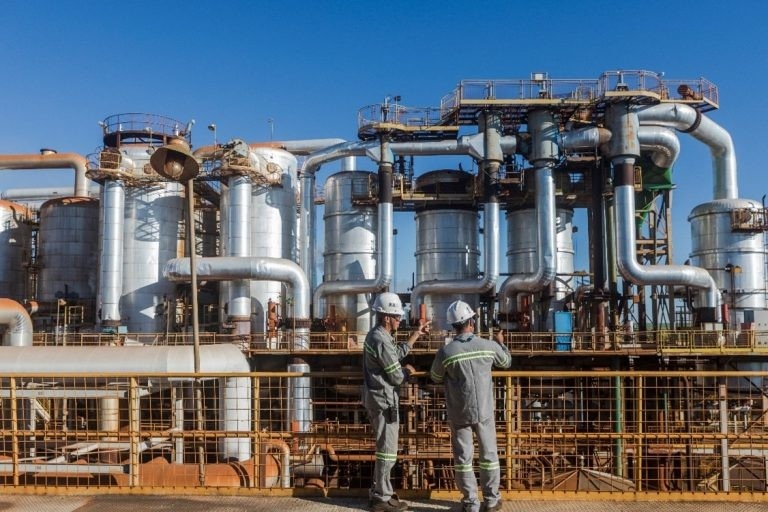UK-headquartered energy conglomerate BP has agreed to acquire Bunge’s 50% holding interest in its BP Bunge Bioenergia S.A. joint venture, one of Brazil’s leading biofuels-producing companies, according to BP’s press release.
After the purchase is completed, BP will become sole owner of the industrial scale sugarcane and ethanol business.
The enterprise value of the stake to be acquired is around $1.4bln.
“The acquisition will result in consolidation of 100% of the venture’s financial results, including net debt of approximately $0.5 billion and lease obligations of approximately $0.7 billion,” the energy major BP said in its statement.
“The acquisition meets BP’s expected returns threshold for bioenergy of more than 15% and is fully accommodated within BP’s disciplined financial framework, including capex targets of around $16 billion in each of 2024 and 2025,” it added.
After the transaction is completed, BP will have the capacity to produce around 50,000 barrels a day of ethanol equivalent from sugarcane through BP Bunge Bioenergia’s 11 agro-industrial units across five Brazilian states.
The company operates with an integrated business model that covers the entire production chain through to sales of ethanol and sugar.
BP believes ownership will also offer the potential to unlock further growth opportunities in the region, and to develop new platforms for bioenergy such as next generation ethanol, sustainable aviation fuel (SAF) and biogas.
Furthermore, BP is scaling back plans for development of new SAF and renewable diesel biofuels projects at its existing sites, pausing planning for two potential projects while continuing to assess three for progression.
“This acquisition and focusing on key biofuels production projects are expected to support the continuing growth of BP’s strategic bioenergy business which includes both biofuels and biogas. They contribute to bp’s unchanged 2025 targets of delivering around $2bn Ebitda from bioenergy and $3-4bn across all its transition growth engines,” reads BP’s statement.
The transaction is currently expected to close by the end of 2024, but is subject to regulatory approvals.



